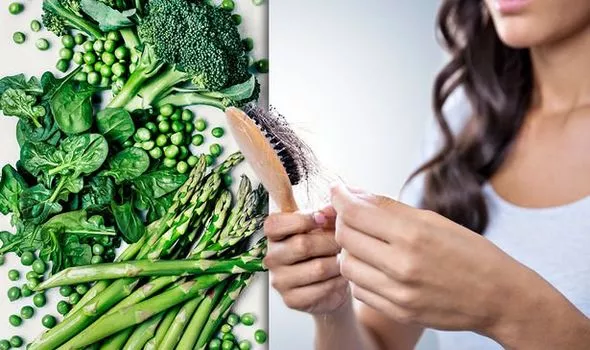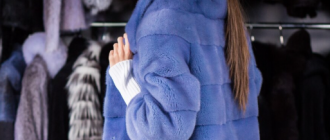
Now more than ever, western medicine is returning to the old phrase, “you are what you eat!” But is there really any truth to that phenomenon? The short answer is, “yes!” Your skin and hair are one of the body’s primary examples of this phenomenon.
Junk food doesn’t only add inches to your waistline, but it can also have a negative effect on the health of your hair. If you are not feeding your hair the essential nutrients and vitamins that the strands need to survive, you may eventually start experiencing hair loss.
No one ever said taking care of your hair is easy. In this article we will explain the importance of a healthy diet in order to maintain a healthy head of hair. Read on to learn more!
Diet and Hair Loss
A diet that is rich in whole grains, fruits, and lean meats contains antioxidants and proteins that are essential for rebuilding the outer layer of the hair. A healthy diet for hair loss does not have to be difficult to incorporate into your schedule. Think of every decision we make about food as an opportunity to fortify our strands and protect them from breakage.
We know it can be tricky to consistently eat healthy foods. For many of us, our plates are already full, trying to balance our demands at the office and our relationships with our friends and family members. The thought of adding another expectation to the plate can feel daunting.
We can always plan for busy days by meal-prepping healthy and tasty meals in bulk when we have more free time over the weekend. This will cut down on the time it takes you to grab a bite to eat during the week and also takes the guesswork and decision-making out of healthy eating when we’re pressed for time and vulnerable to making bad eating choices.
Even while eating healthy foods, it can be challenging to determine if you’re eating enough of the good stuff to keep your hair from breaking. How do you really know if you’re eating enough grams of fatty fish to stop your hair from breaking?
One of the easiest ways to tell if you’re missing vital nutrients from your diet is to listen to your hair. Breakage is often a warning sign that our hair lacks either vitamins or hydration.
The Importance of Vitamins and Hydration
Vitamins
Zinc, Iron, Folic Acid, Vitamin C, and E are just a few of the essential vitamins of any healthy hair diet. These can be found in foods such as meats, fish, spinach, fruits, nuts and seeds. If you do not feel you are able to consume these foods regularly to assure your hair and body are getting the proper vitamins, try using a multi-vitamin capsule on a daily basis.
Water
Water keeps our strands supple and elastic so that they are less prone to breakage. Many adults don’t get nearly enough water in a day for optimum health and wellness. We tend to only be prompted to drink once our brain sends us the signal that we’re thirsty. It turns out, that isn’t always the best indicator for determining when we should have a glass of water. Our brains tend to have a considerable delay between when it’s actually time to drink some water, and our minds notify us. Essentially, if we only wait to drink when we’re thirsty, we may have already been dehydrated for several hours.
If your hair is breaking, try challenging yourself to boost your water intake with simple changes. Make gradual swaps in your diet, like switching a cup of coffee, or a glass of juice or soda, with a glass of water. Before you go to bed each night, fill a glass of water by your bedside. In the morning, as your feet touch the ground, start your day by drinking a full glass of water. Even just a few conscious decisions to drink more water in a day can improve the overall health of your hair.
Why am I experiencing hair loss?
Hair loss is complex, and every case is unique. Some adults may find that hair loss isn’t only limited to a root cause. In that case, their hair restoration journey will most likely include a comprehensive combination of multiple hair growth solutions for the best results.
Many adults find the best approach is to chat about their symptoms with their primary care physician. While talking about hair loss or thinning can be uncomfortable, it’s often the first step in getting the answers you need to start getting your hairline back. Catch your hair loss early and don’t wait to begin seeking treatment options.






